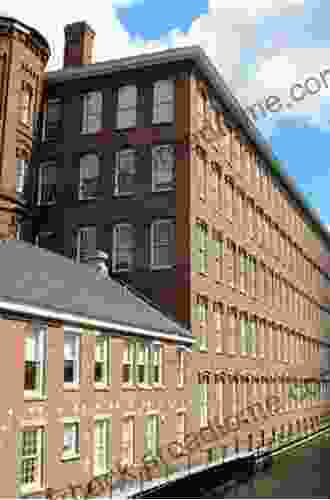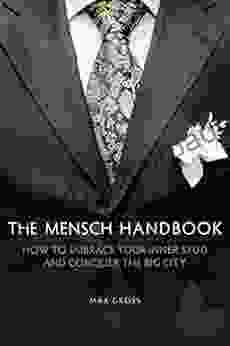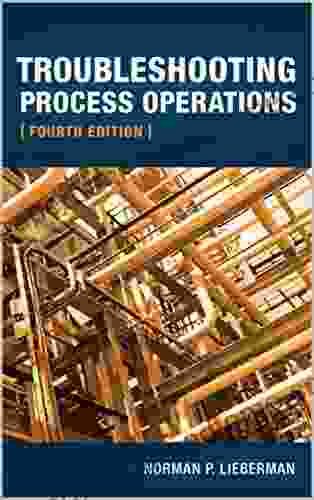Unveiling the Legacy: The Origin and Impact of Lowell National Historical Park

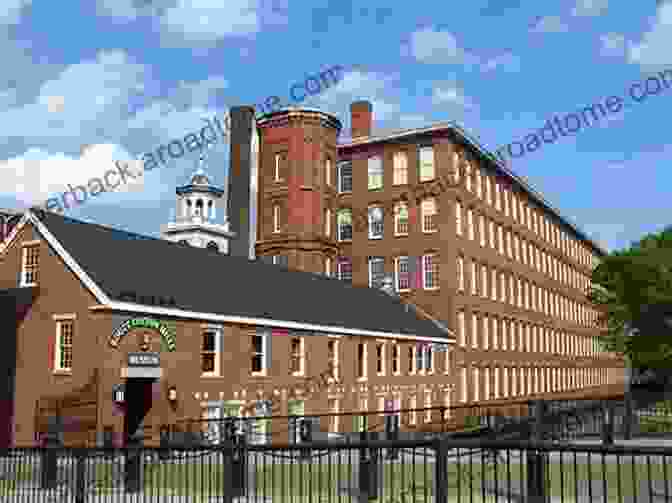
A Tapestry of Industrial Heritage
Nestled along the Merrimack River in Massachusetts, Lowell National Historical Park is a testament to America's industrial past and its enduring impact on the nation. Founded in 1821 by Francis Cabot Lowell and his associates, Lowell was the birthplace of the American Industrial Revolution. The park encompasses the city's historic downtown, mills, canals, and workers' housing, providing a tangible connection to the transformative era that shaped modern society.
The Genesis of a Manufacturing Hub
In the early 19th century, the Merrimack River's powerful currents captivated the imagination of industrialists seeking to harness its energy. Francis Cabot Lowell, a visionary businessman, realized the potential of the river and envisioned a revolutionary system where textile production could be concentrated under one roof, using water-powered machinery.
Under Lowell's leadership, the Merrimack Manufacturing Company was established, constructing the first textile mill along the riverbanks in 1822. This mill, known as the Merrimack Mill, became the cornerstone of Lowell's burgeoning textile industry.
As the demand for textiles soared, Lowell transformed into a thriving manufacturing hub. Additional mills were built along the river, powered by a complex system of canals that diverted the Merrimack's flow. The canals not only provided energy but also served as a transportation network, carrying raw materials and finished products to and from the mills.
A Model for Industrial Cities
Lowell's success as an industrial center attracted workers from across the nation. The city became a melting pot of cultures, with immigrants from Ireland, England, Scotland, France, and Canada flocking to its factories.
To accommodate the influx of workers, Lowell's planners designed a grid-like city with boarding houses, tenements, and other amenities. These neighborhoods, known as "the Acre" and "the Highlands," housed generations of textile workers who shaped the city's social fabric.
The city's innovative urban design and social welfare programs, such as the Lowell Female Labor Reform Association, served as a model for other industrial cities in the United States. Lowell's legacy extended beyond textiles, influencing the development of worker's rights, women's suffrage, and the labor movement.
Preserving a Legacy for Future Generations
In the 20th century, as the textile industry declined, Lowell's historic mills and canals faced demolition. However, in 1978, Congress designated Lowell as a National Historical Park, recognizing the importance of preserving its industrial heritage.
Today, Lowell National Historical Park offers visitors a glimpse into the past. The park's visitor center, located in the towering Boott Mill, provides interactive exhibits and guided tours that bring the city's industrial history to life. The park also includes the Lowell Textile Museum, which houses a vast collection of textiles, machinery, and artifacts that showcase the technological advancements that revolutionized the industry.
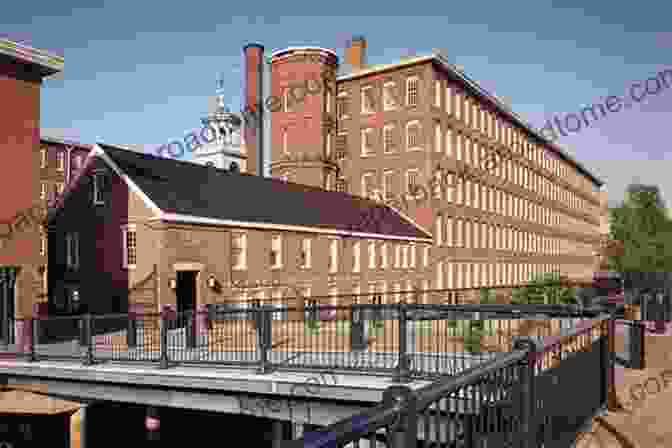
A Cultural Hub for the 21st Century
Beyond its historical significance, Lowell National Historical Park has evolved into a vibrant cultural center. The park hosts a variety of events throughout the year, including festivals, concerts, and art exhibitions. The Lowell Folk Festival, held annually in July, celebrates the city's rich tapestry of folk music and dance traditions.
The city's theaters, galleries, and museums further contribute to Lowell's cultural scene. The Lowell Memorial Auditorium hosts a diverse lineup of plays, concerts, and films, while the Whistler House Museum of Art showcases the work of local and regional artists.
A Living Legacy in a Modern Era
Today, Lowell National Historical Park stands as a living legacy of the Industrial Revolution, offering a unique opportunity to explore the past and its lasting impact on present-day society. Its historic mills, canals, and workers' housing provide a tangible connection to the men and women who shaped the nation's industrial heritage.
Lowell National Historical Park continues to inspire and educate visitors, fostering an appreciation for the transformative power of innovation and the enduring spirit of the American people. Through its programs and events, the park ensures that the legacy of Lowell as the birthplace of American industry will forever be preserved and celebrated.
Do you want to contribute by writing guest posts on this blog?
Please contact us and send us a resume of previous articles that you have written.
Light bulbAdvertise smarter! Our strategic ad space ensures maximum exposure. Reserve your spot today!
 Jack PowellArtists, Celebrities, Activists, Educators, and Other Icons in the Sunshine...
Jack PowellArtists, Celebrities, Activists, Educators, and Other Icons in the Sunshine... Adam HayesFollow ·16.2k
Adam HayesFollow ·16.2k Craig BlairFollow ·13.2k
Craig BlairFollow ·13.2k Ruben CoxFollow ·3.5k
Ruben CoxFollow ·3.5k Virginia WoolfFollow ·12.1k
Virginia WoolfFollow ·12.1k Graham BlairFollow ·15.7k
Graham BlairFollow ·15.7k Allen ParkerFollow ·4.2k
Allen ParkerFollow ·4.2k Forrest BlairFollow ·16.1k
Forrest BlairFollow ·16.1k Robert Louis StevensonFollow ·8.5k
Robert Louis StevensonFollow ·8.5k

 Isaiah Powell
Isaiah PowellWisconsin Clinic Pilots Mobile Crisis Response System For...
MADISON, Wis. - A new mobile crisis...

 Daniel Knight
Daniel KnightUnleash Your Creativity: A Masterclass in Fabulous Nail...
Embellish Your Fingertips with Captivating...

 Clark Campbell
Clark CampbellDetect When You Are Being Emotionally Manipulated By...
Emotional manipulation is a subtle but...

 Eli Brooks
Eli BrooksNeurological Disorders Papers: Dissociative Identity...
What is Dissociative...

 Ricky Bell
Ricky BellAn Introduction to Islam for Jews: Unveiling the Tapestry...
A Bridge of Understanding: Exploring Islam for...

 Octavio Paz
Octavio PazAchieving Longevity: The Complete Step-by-Step Guide to...
**** In the ever-evolving landscape of health...


